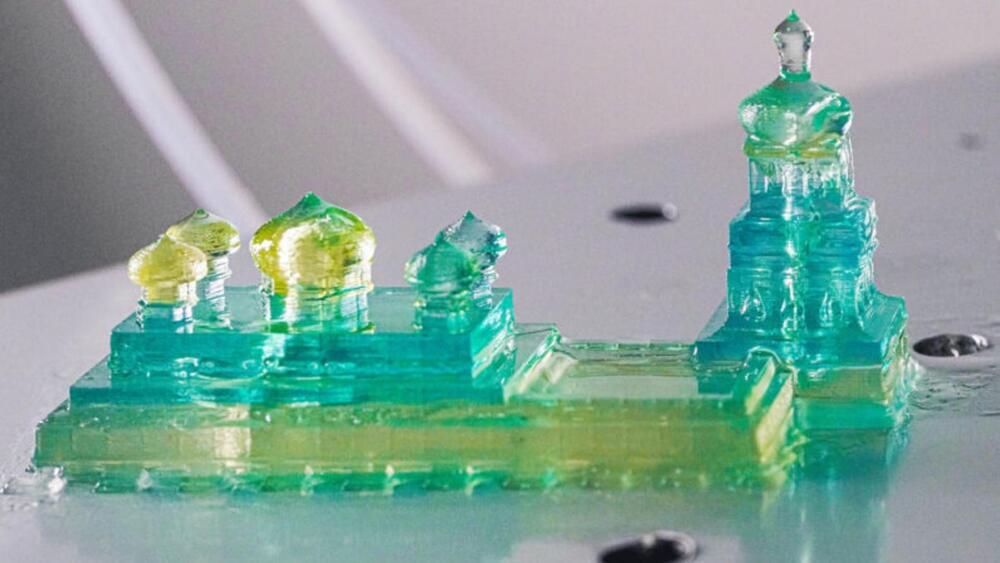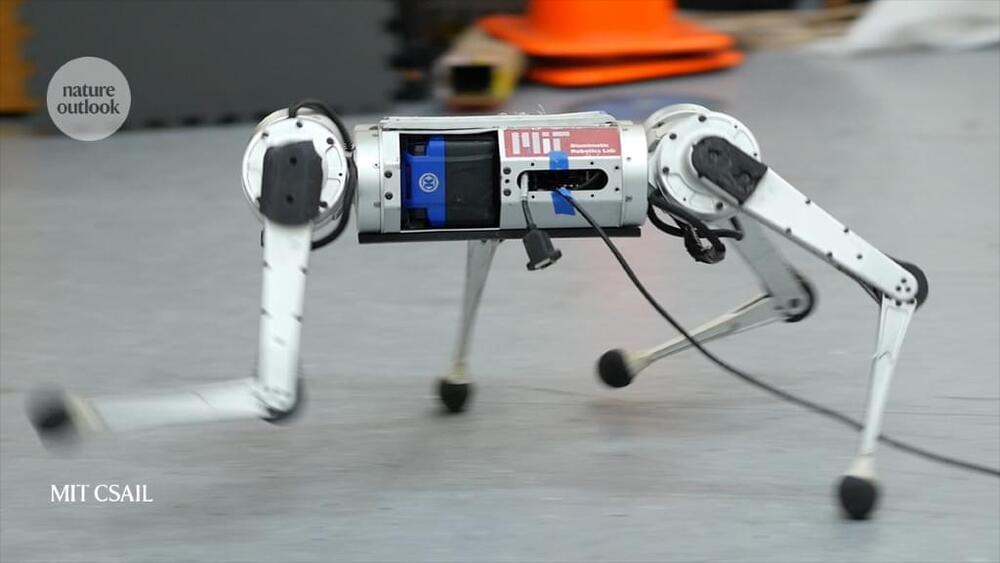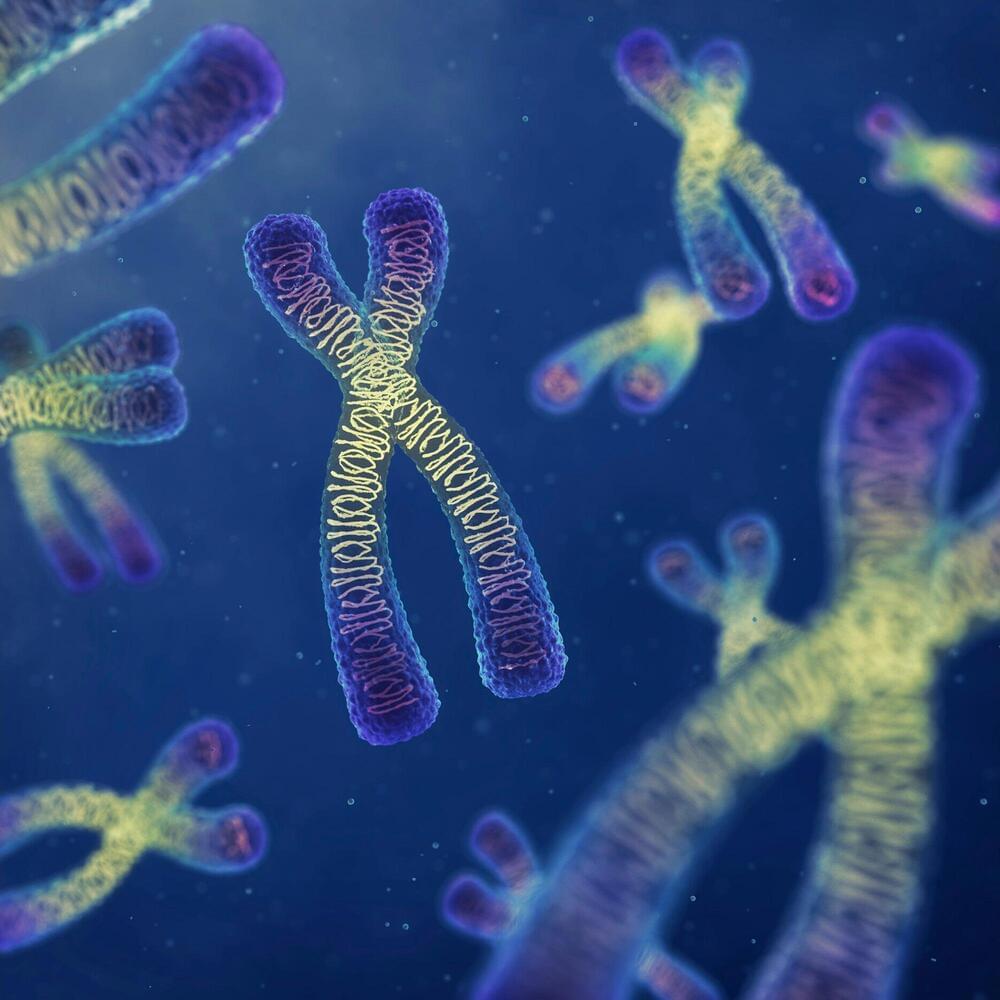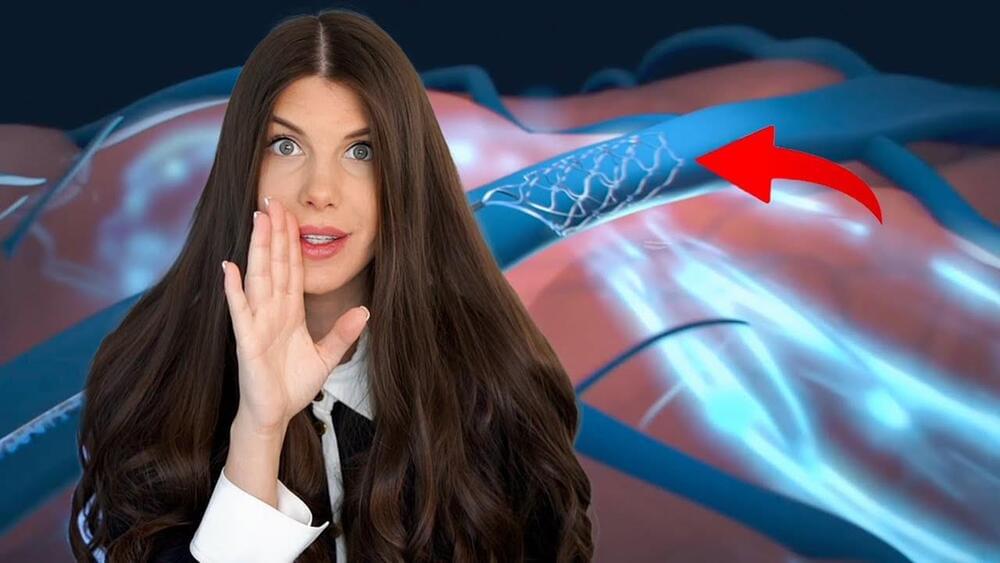Researchers were successful in printing models of well-known structures from several nations.
The developments in the field of additive manufacturing continue unabated. This time, Stanford University’s new burst will bring further innovation to the industry.
Published in Science Advances on September 28, the results demonstrate that the novel process is much faster than the quickest high-resolution printing method currently available.
William Pan/Stanford University.
Engineers at Stanford University have created a 3D printing process that is 5 to 10 times faster than the fastest high-resolution printer currently on the market and can use different types of resin to create a single object.









